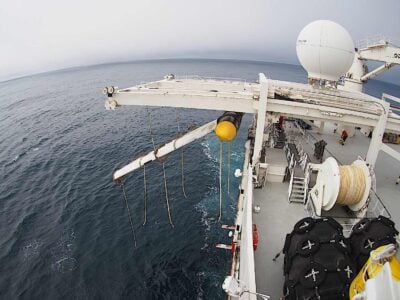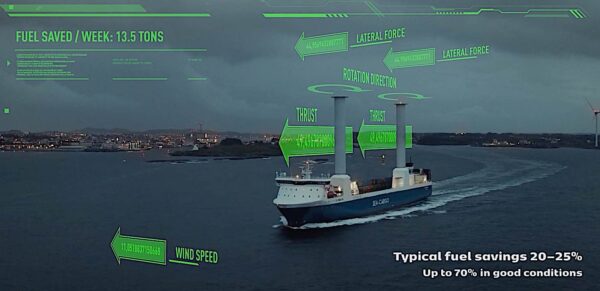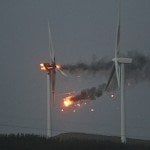There are more warnings from the Conference Board of Canada regarding Canada’s energy sector. Two obstacles stand in the way of Canada’s energy producers: growing production of oil and gas in the United States, and continuing uncertainty over pipeline capacity. The future success of Canada’s energy sector depends on gaining a growing share of America’s “energy import pie” while diversifying into global markets. 
A senior economist in forecasting and analysis at the Conference Board of Canada, Glen Hodgson, said in a statement that the surge in production of tight oil and gas south of the border has raised domestic production by 40 per cent from 2008 levels. This added domestic production means that the US will be able to cut its oil imports by half by the year 2020, according to International Energy Agency forecasts. As Canada has provided 20 per cent of those imports into the US, such a cut could be a major problem for Canada. Canada has become so reliant on the American market to absorb its exports that a change in that relationship could be devastating.
The growing US energy self-reliance poses a “huge challenge” to Canadian producers, who need to secure “enhanced” access to the American market in the short term by building the Keystone pipeline, Hodgson argues, though approval of that controversial and much-delayed pipeline is not Canada’s to give. He sees a two-part, longer-term strategy that first expands access to global markets and second maintains that share of the US market. In order to accomplish the first of these goals, Canada needs to make it a “top national priority” to develop “a diversified energy transmission infrastructure.” The second part of the strategy, maintaining and expanding share of the US market, also requires adequate infrastructure—pipelines—but also what he calls a “social licence to operate,” meaning that Canada must demonstrate a “regulatory alignement” with the US, a commitment to sustainable energy development, particularly in the area of greenhouse gases.
In its just released Canadian Industrial Profile: Spring 2013, the Conference Board says that pipeline delays are also a threat to services companies that supply the energy producers. These companies are already seeing a decline in business, the report says. Support services such as welding, electrical contractors, pipe fitters and structural steel are pulling back, and will “most likely hesitate” to hire staff pending a guarantee that the pipelines (Keystone, Northern Gateway) will be built. Industry profits will rise, however, thanks to growth in prices.

































